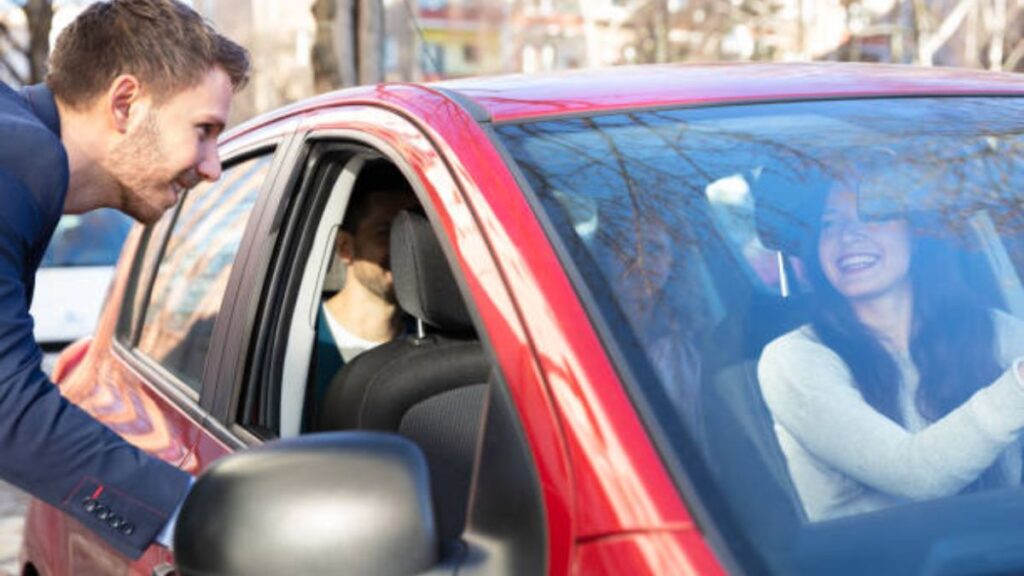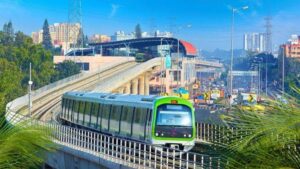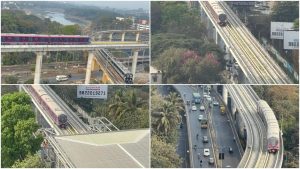Maharashtra News: After Bike Pooling, Government Approves Carpooling Through Mobile Apps and Web Platforms

Mumbai: In a landmark move aimed at addressing traffic congestion and air pollution, the Maharashtra cabinet has officially approved the use of private cars for carpooling through registered mobile apps and web platforms. This decision follows the recent approval of bike pooling in the state, marking a progressive shift in Maharashtra’s urban transport policies.
The approval was granted during the cabinet meeting held on Tuesday, aligning the state’s transport reforms with the Union government’s Aggregator Policy 2020. The policy permits the pooling of non-transport vehicles such as private cars and two-wheelers to optimise asset utilisation and reduce environmental impact. While the central policy provides a framework, individual states like Maharashtra retain the authority to permit or prohibit such services.
Carpooling, also known as ride-sharing, involves individuals sharing a private vehicle to travel together along similar routes or destinations. The move promises to make urban commuting more efficient by lowering fuel consumption, reducing traffic volume, and cutting carbon emissions.
Until now, carpooling services operated in a legal grey area. Some app-based operators were already facilitating carpooling, especially on busy routes like Mumbai–Pune, without formal approval. These services largely went unregulated by the Regional Transport Offices (RTOs) and law enforcement agencies.
Now, only apps and web portals registered with the appropriate authorities will be allowed to offer carpooling services. To enhance commuter safety—particularly for women—the cabinet has mandated a feature that allows female passengers to choose female drivers.
The back-to-back approvals of bike pooling and now carpooling are expected to draw criticism from taxi and autorickshaw unions, who fear a decline in income due to increasing adoption of ridesharing services.
By legalising app-based carpooling, Maharashtra has taken a decisive step towards creating a more sustainable and commuter-friendly urban mobility system.










